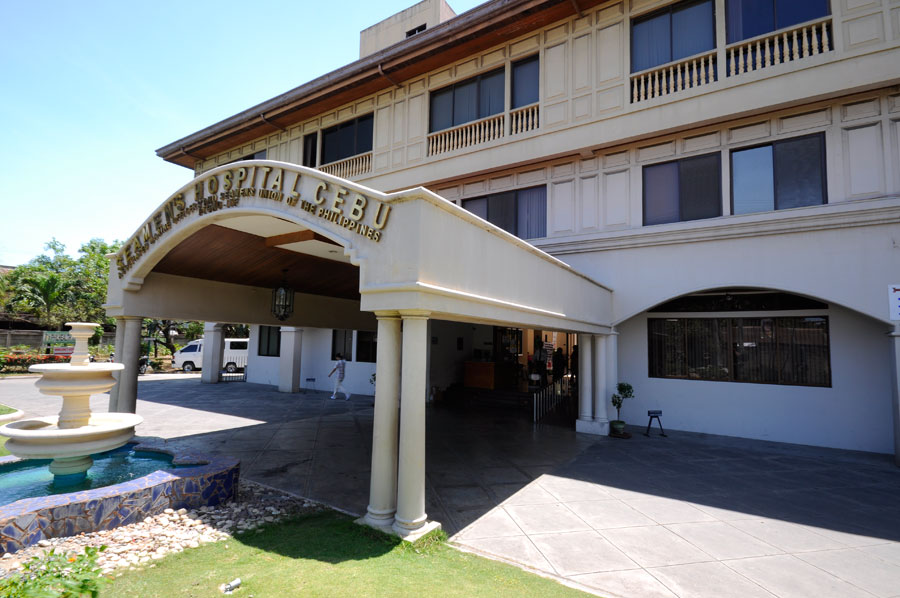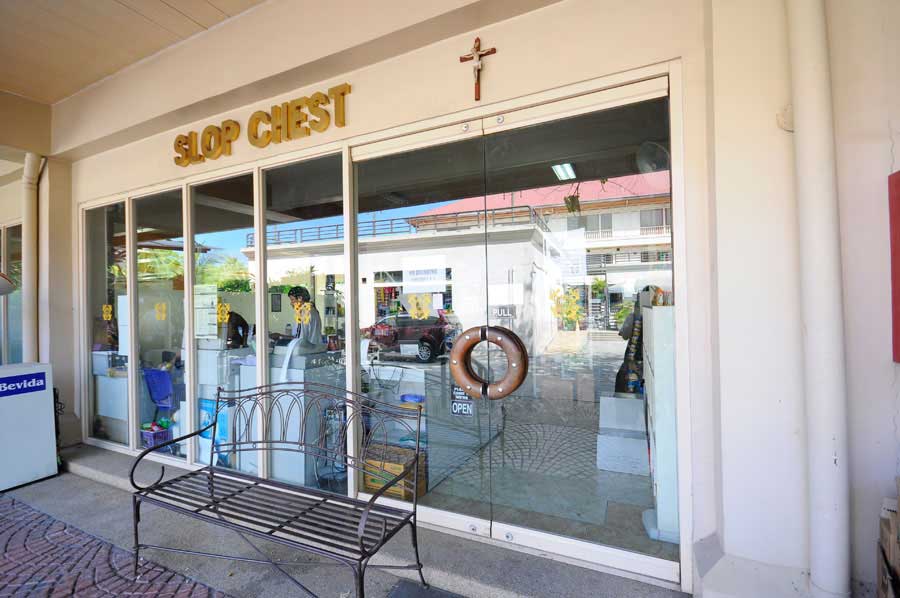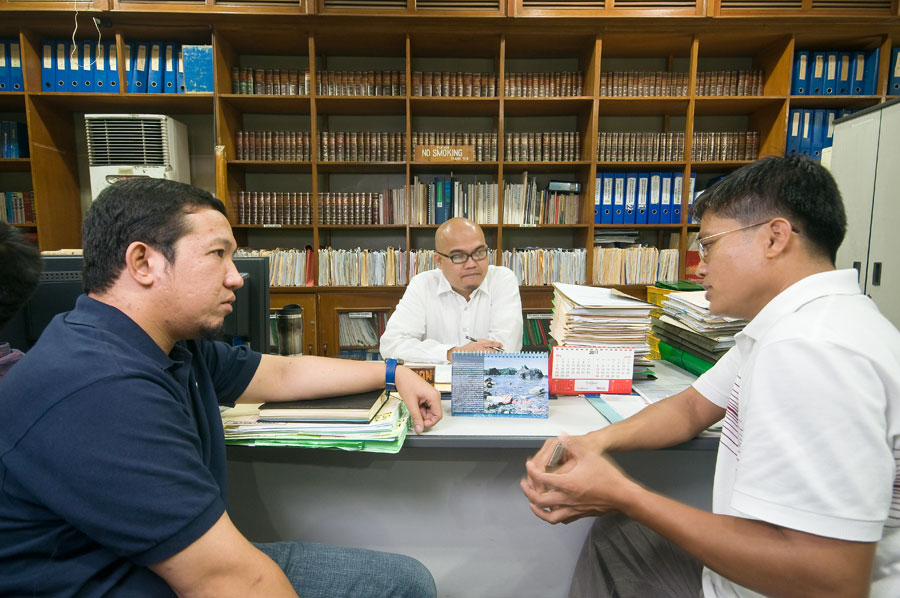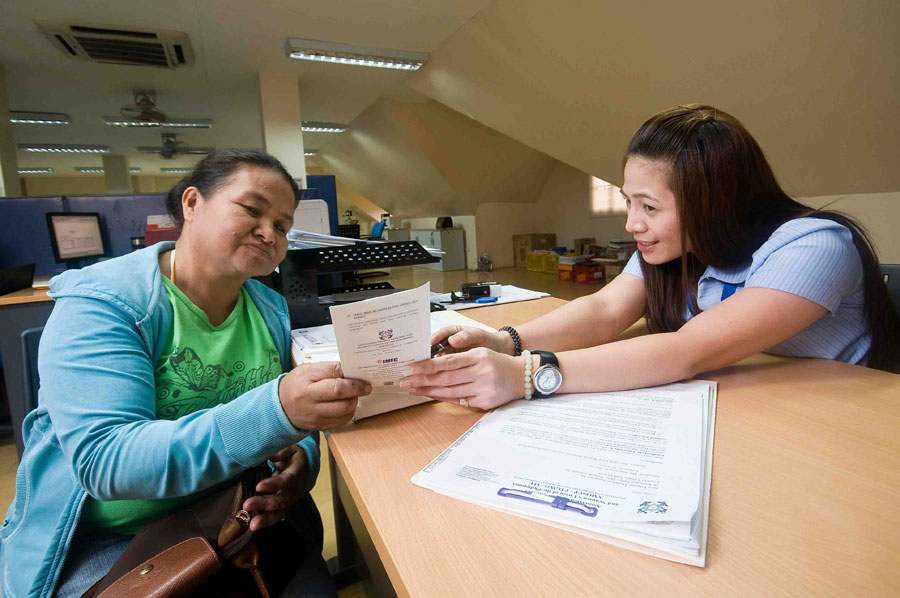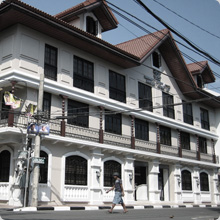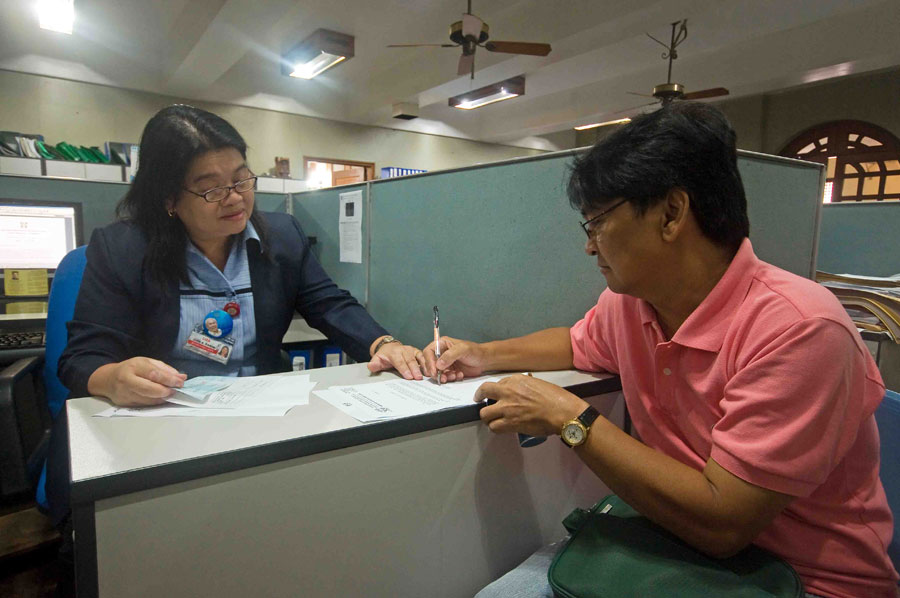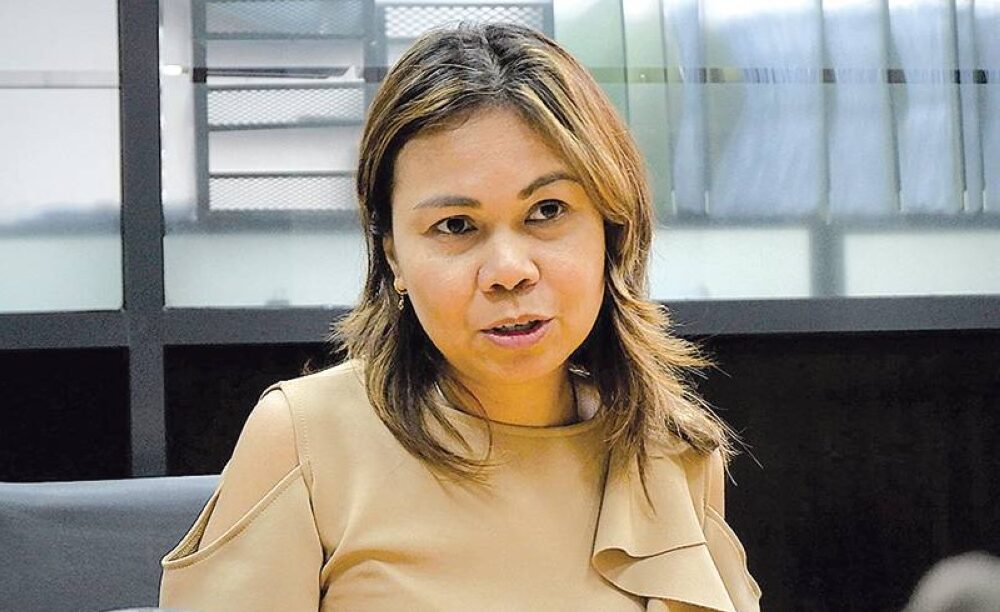
The industry lays down a list of measures combatting the manning scourge, Andy Dalisay reports
The Philippines’ crewing sector took up a series of advices and resolves in its fight against ambulance chasing that threatens to wipe out the country’s $6 billion manning industry.
Ambulance chasing refers to an attorney’s practice of soliciting business from accident victims or their families to contact them or the victim’s family members for consent to represent him or her in a lawsuit. Through ambulance chasers the mishandling of crew claims has cost the crewing industry an estimated PhP1.7 billion as of 2019.
At the forum on this problem, manning industry leaders voiced out for the first time how it became the biggest threat to Philippine seafaring. Dubbed ‘Karapatan Sama-samang Ingatan,’ the round-table discussion was held through the initiative of a convenors group led by AMOSUP, International Seafarers Welfare Assistance Network (ISWAN) and the Maritime Industry Authority (MARINA) last 24th May 2022.
The list of measures the industry wishes to pursue to combat ambulance chasing includes strengthening the union’s grievance machinery, carrying out a comprehensive study on ambulance chasing cases, developing a comprehensive framework to educate stakeholders and legislation.
10-year forecast
If the trend continues, shipowners have “fearlessly forecasted that Filipino seafarers can disappear from the market in the next 10 years despite previously enjoying the privilege of being the seafarers of choice”, according to Atty Iris Baguilat, founding member and trustee of the Association of Licensed Manning Agents (ALMA). She apparently based the forecast on the “relentless litigiousness fueled by ambulance chasers who prowl post-medical clinics, airports and streets to find potential seafarer claimants.”
Atty Baguilat laments “how seafarers have been winning overwhelmingly at the National Conciliation and Mediation Board (NCMB) level where, at times, the hearings do not inquire into the facts and law of the case but are reduced to negotiations on how much the shipowner will pay regardless of the validity of the claim.” Due to existing law, she argues, the shipowner pays the award decided by the NCMB immediately upon release of the decision even if a party appeals the NCMB decision.
Filipino seafarers once consisted more than a quarter of the global crew on board ships overseas. “You can just imagine we were the manning capital of the world” [with 30% of the manpower supply], notes Captain Reynaldo Casareo, one of the directors of the Filipino Association for Mariners’ Employment (FAME).
“But now we are down to only 14% of the supply,” he stresses, citing figures presented by industry colleagues. Captain Casareo, however, praises the effort led by AMOSUP in fighting for the dismantling of ambulance chasing.
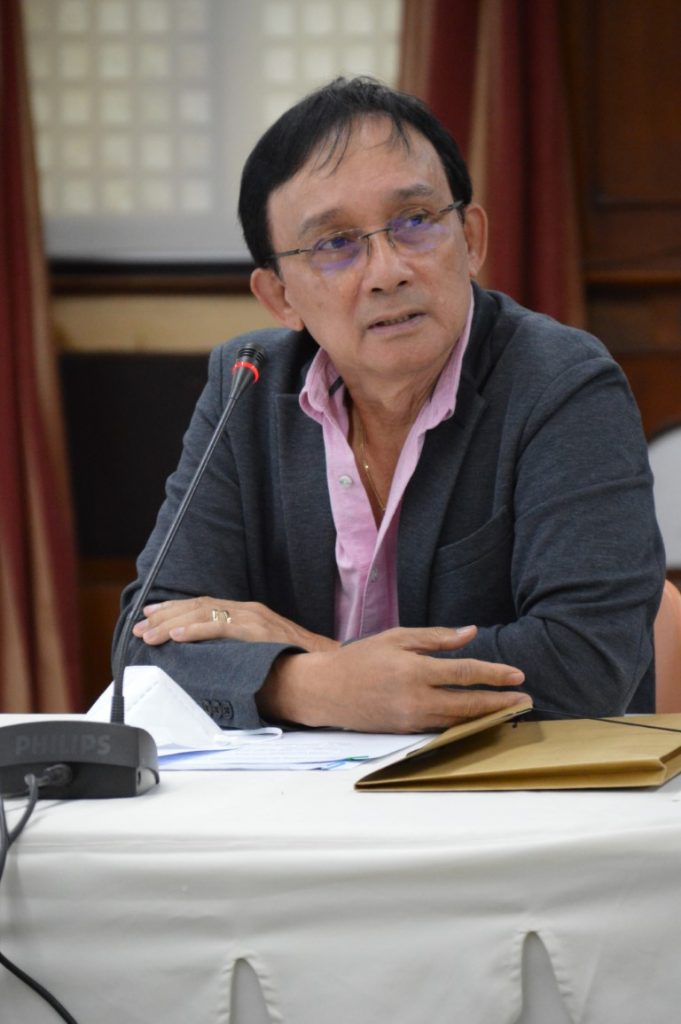
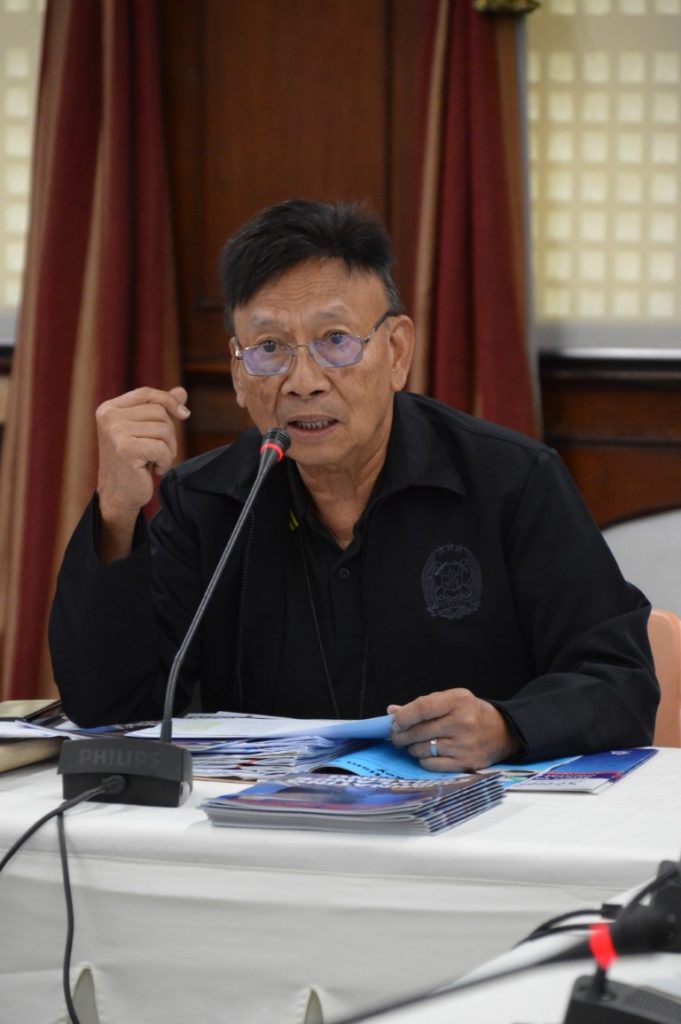
Strengthening grievance machinery
He suggests that AMOSUP should strengthen its grievance machinery by educating union members concerning their wishes if they want to file a complaint. A case can be prevented, insists Captain Casareo, “because the union has the expertise when it comes to matters dealing with CBA” (collective bargaining agreement).
The Cargo Safeway president, whose company lost several Filipino-crewed vessels to other nationals due to a host of ambulance chasing cases, had his sympathy to union members who lost their jobs as much as to the company having lost the managed fleet.
This scourge of the crewing industry, which is now waging a “damage control”, needs a comprehensive study that would provide policies and strategies addressing the ambulance chasing phenomenon, proposes Captain Gaudencio Morales, the president of FAME. He says it is a “phenomenon which must be seen as a threat to the rights of seafarers and to the integrity and viability of the local manning agencies.”
Whilst ambulance chasing is a controversial issue besetting the maritime sector, Captain Morales argues, “no in-depth scientific study has ever been undertaken on the matter”. He cites even RA Number 10706, ‘An act protecting seafarers against ambulance chasing and imposition of excessive fees, and providing penalties’ was formulated without the benefit of a scientific study.
Push for Escrow Bill
Legislation gets another point of interest from industry leaders. Ericson Marquez, spokesperson at the Joint Manning Group (JMG), says the pending law on Escrow Bill in Congress is part of a total solution the industry has been pushing for a long time now. As it had been stalled, he thinks it could be “prejudicial to the interest of the seafarers” that no politician could have been interested to sponsor the bill.
However, Marquez says “the industry believes the escrow law is necessary so that the ‘goose that lays the golden egg’ will not be pushed to the wall.” Just like in any court of law, he asserts: “We believe that if there’s an appeal [on a decision] the shipowner should put a bond that can be deposited until the appeal process is fully completed by the parties. The shipowner can be put on escrow to have a guarantee whatever is the amount of claim by the seafarer until the judgment is given.
He’s hoping the whole industry will have a change of heart as far as this process is concerned. The proposed Escrow Bill Act, which the Angkla Partylist forwarded in 2015, has yet to make any progress in the legislative mill.
Captain Morales, the FAME president, suggests case studies must be backed by facts such as “what happened after the award is given by the court.” Claimants still have to return a total of PhP1.7 billion to their employers/shipowners following a series of reversals of their cases at the NCMB and NLRC by the Court of Appeals and the Supreme Court.
If the NCMB or NLRC rendered a “quality decision in the first place, then the number of reversals at the appellate courts should not be this significant,” argues Atty Baguilat of ALMA. It is widely known in the seafaring industry, she points out, “the seafarers’ inability to return the award is mainly because they did not receive the full award.”
Did it benefit the seafarers or did it only benefit the lawyers? The claim that seafarers are taken disadvantaged of by their lawyers, according to Captain Morales, “is not supported by scientific evidence, only by anecdotal proofs.” He stresses that results of the case studies can be the basis of plans and framework to undertake in educating the seafarers.
‘P&I is not an insurance’
Educating must also include the case arbiters in labour courts such as the NCMB and NLRC. “There are arbitrators who think P&I (Protection and Indemnity) is an insurance,” reveals Jessie Rex Martin, the president at Anglo-Eastern Crew Management Philippines.
“Ang katwiran nila pagbigyan mo na yung seaman. Insurance naman ang nagbabayad.” (Their reason is just give it to the seaman. Insurance covers the cost, anyway), Martin says, quoting a labour arbiter in reference to the award. But he clarifies that this is not the case. He further explained, “P&I is a group of people, shipowners who clubbed themselves so they can pool in money to take care of identifiable risks in running a ship such as oil pollution, crew claims, cargo damage, allision and collision. These are the things they cover, and P&I is not an insurance.”
P&I, he continues, is “performance based for each member contributing to the pool to cover those risks. “Kapag marami kang cases of crew claims for example, tataas ang magiging (If you have plenty of) crew claims cases, premium for the next year will be higher.”
What does that mean? Martin asks. “Filipinos are getting more expensive for the shipowners. Ito ang hindi nakikita ng mga nasa industriya dito sa Pilipinas. (This is what some people in the industry here in the Philippines don’t care to look at.) Because they are looking at a very narrow perspective.”
He says this perspective is not the same as the shipowners’…“If even the Supreme Court could not implement its ruling, then what kind of laws do we have. [As an owner] why should I come and do business here?” SF

